When it comes to the complex world of credit scores, there’s often a bewildering haze around how exactly these numbers begin. You might wonder, “what credit score do you start with?” Do we start from the very bottom and slowly work our way up? Or is there a middle ground from where our financial credibility takes flight?
A deep dive into the importance of credit scores reveals why understanding your initial credit score is absolutely crucial. Whether you’re eyeing a shiny new car or dreaming of home ownership, the invisible three-digit figure attached to your financial identity can either open doors or slam them shut. Hence, shedding light on this enigma is more than just an exercise in curiosity; it’s essential for navigating successfully through the labyrinth of credit and loans.
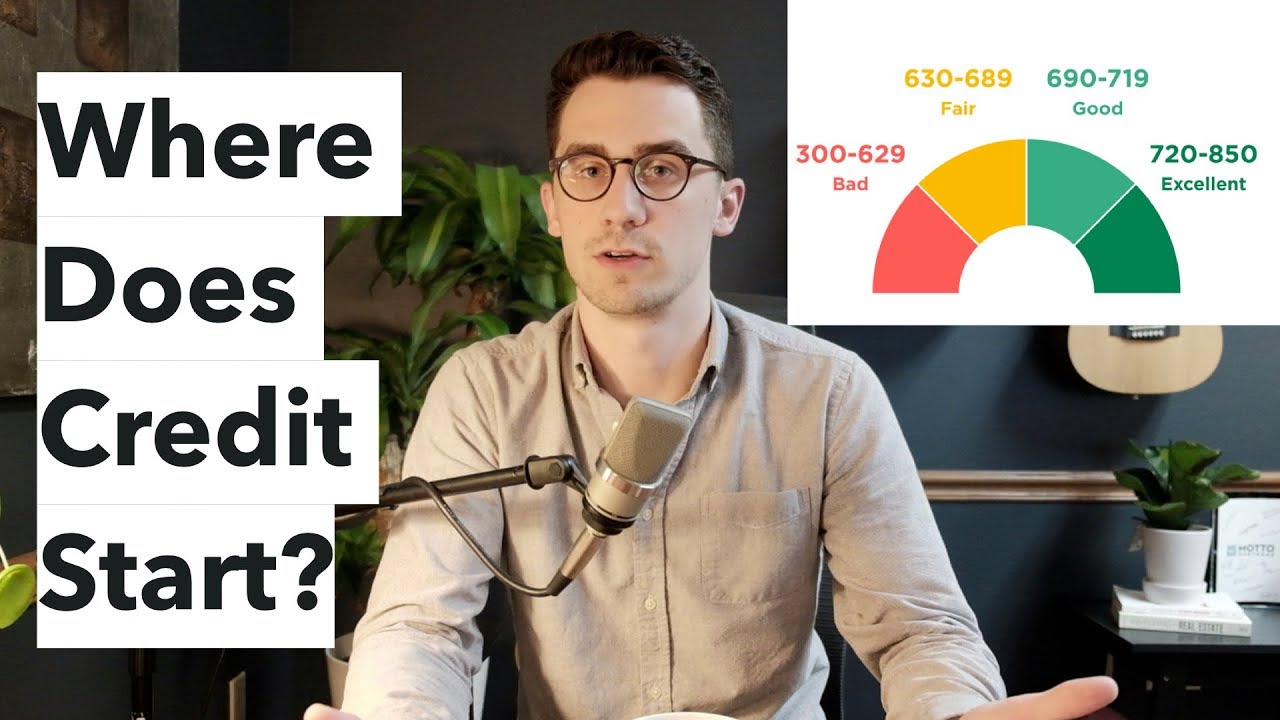
Unraveling the Starting Credit Score Facts
“Okay, let’s get into the nitty-gritty,” as Suze would say. The truth about your starting credit score is that it’s not like a birthday present, waiting for you to unwrap the moment you step into adulthood. Most of us mistakenly believe that as soon as we hit the legal age of opening a credit card account, there’s a score with our name on it.
But here’s the scoop—your credit score is a bit like a ghost; it doesn’t exist until there’s something to bring it to life. And, as per Experian™, it actually takes about 3–6 months after opening your first line of credit for that numeric manifestation to appear. So if there’s no credit history, there’s no score, and surely no report.
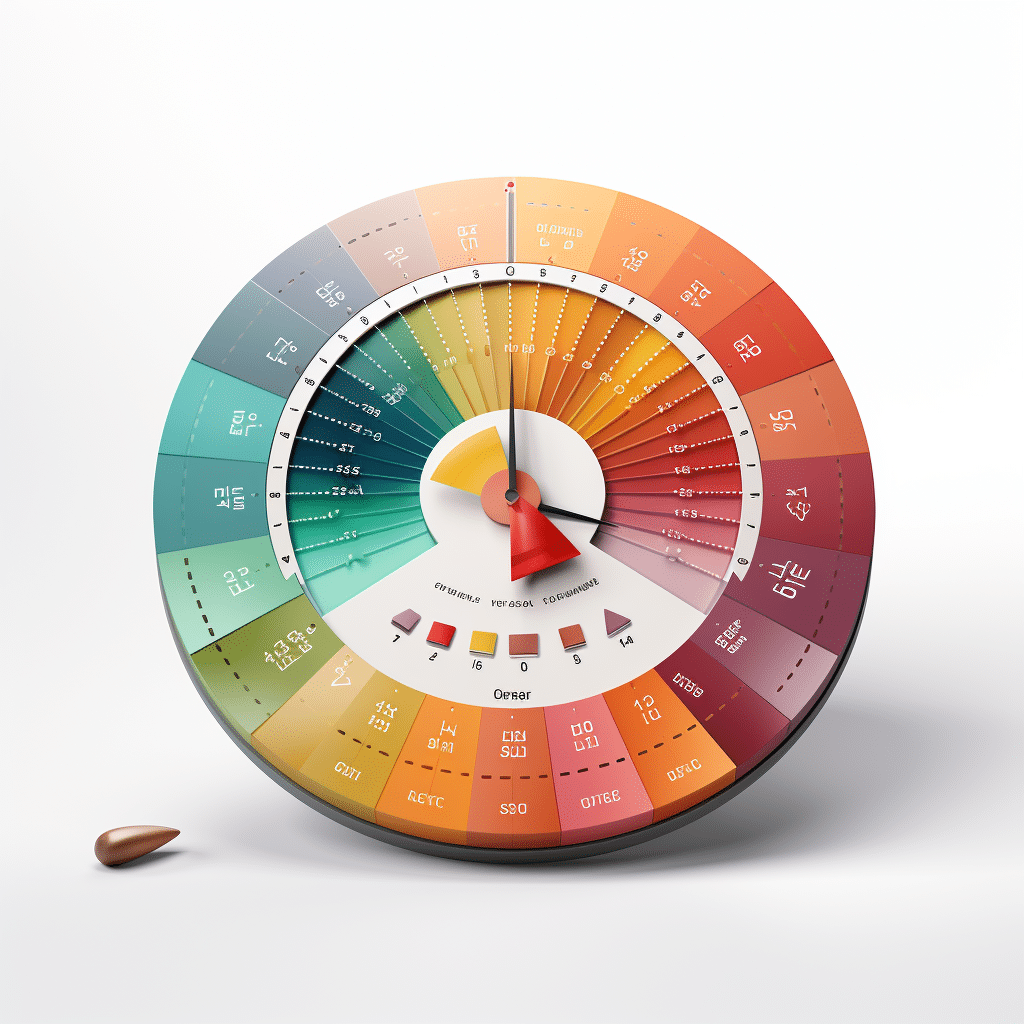
Initial Foray into Credit: What Does Your Credit Score Start At?
If you’re taking your first steps into the world of credit, your starting point on the scale might seem a bit… well, invisible. Like asking, “What color is the wind?”
But don’t you worry, we’ve crunched the numbers for you! Most individuals’ initial credit scores fall between 500 and 700 points, toeing the line based on the particular steps they’ve taken when planting their credit seed. However, for those who’ve never danced with credit before, they are in a state of “credit invisibility,” without a score to boogie to until they do.
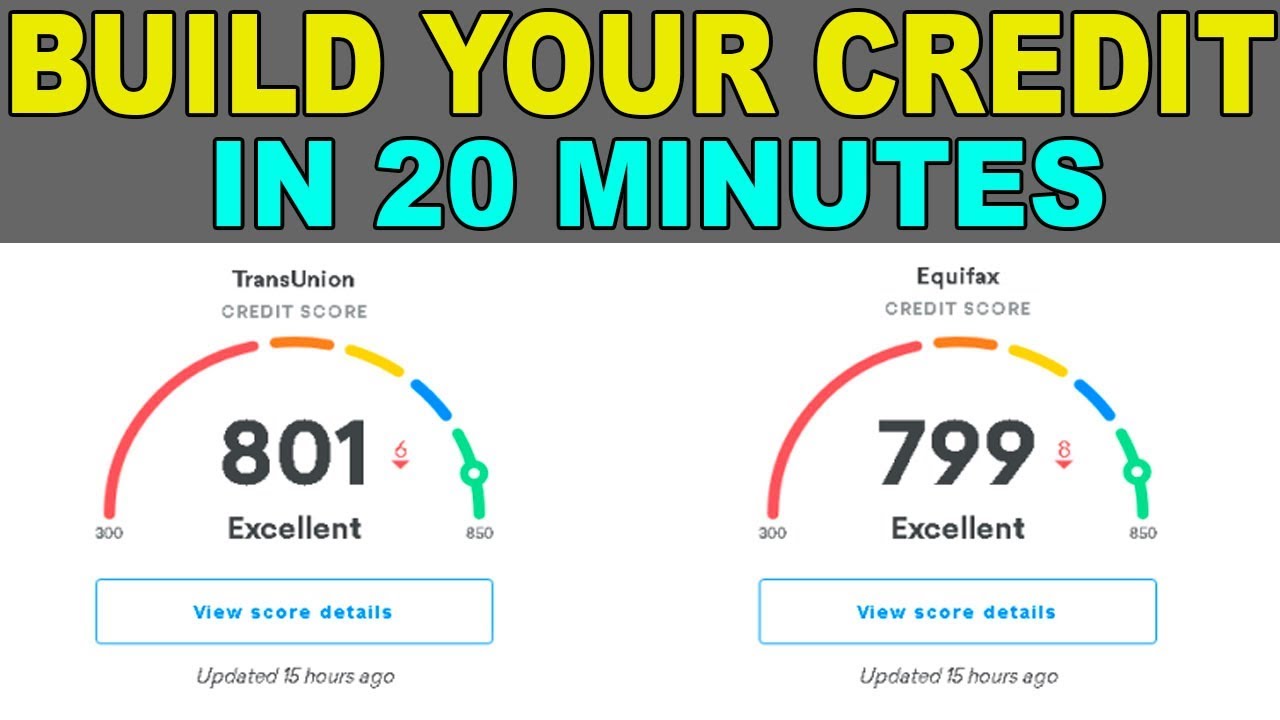
| Category | Details |
|---|---|
| Starting Credit Score Myth | Contrary to popular belief, individuals do not start with a credit score of 0. |
| Initial Score | No initial score; a credit file needs to be established first through credit activities. |
| Time for Score Generation | A credit score usually appears 3-6 months after opening a first credit account, but it can be sooner. |
| Legal Age for Credit | 18 years is the legal age in most places to open a credit card account independently. |
| Initial Credit Score Range | Typically, initial credit scores range between 500 and 700, depending on initial credit activities. |
| No Credit History | No credit history equates to no credit report and, therefore, no starting credit score. |
| “Good” Credit Score – FICO® | A score between 670 and 739 is considered good by FICO® standards. |
| “Good” Credit Score – VantageScore | A score between 661 and 780 is considered good according to VantageScore via TransUnion. |
| Building Credit Score | On average, it can take 12 to 24 months of responsible credit usage (making timely payments, keeping balances low, etc.) to see significant improvement in one’s credit score. |
| Important Note | The specific starting point and progression can vary greatly based on individual financial behavior and the credit reporting model used by lenders. |
Building from Ground Zero: Steps to Establishing Your Credit
Here we are at the starting line, and if you want to get that score up and running, you’ll need a sturdy pair of shoes—or in this case, a solid credit-building strategy.
- Secured credit cards: These nifty little cards act as training wheels for your credit. Pop a security deposit down, and voila, you’ve got yourself a line of credit that smells like trustworthiness.
- Credit-builder loans: Consider these the egg before the chicken. They’re loans where the amount you borrow is held by the lender until you’ve paid off the loan—teaching you to save and build credit simultaneously.
Remember, it’s like planting a tree. The best time was 20 years ago; the next best time is now.
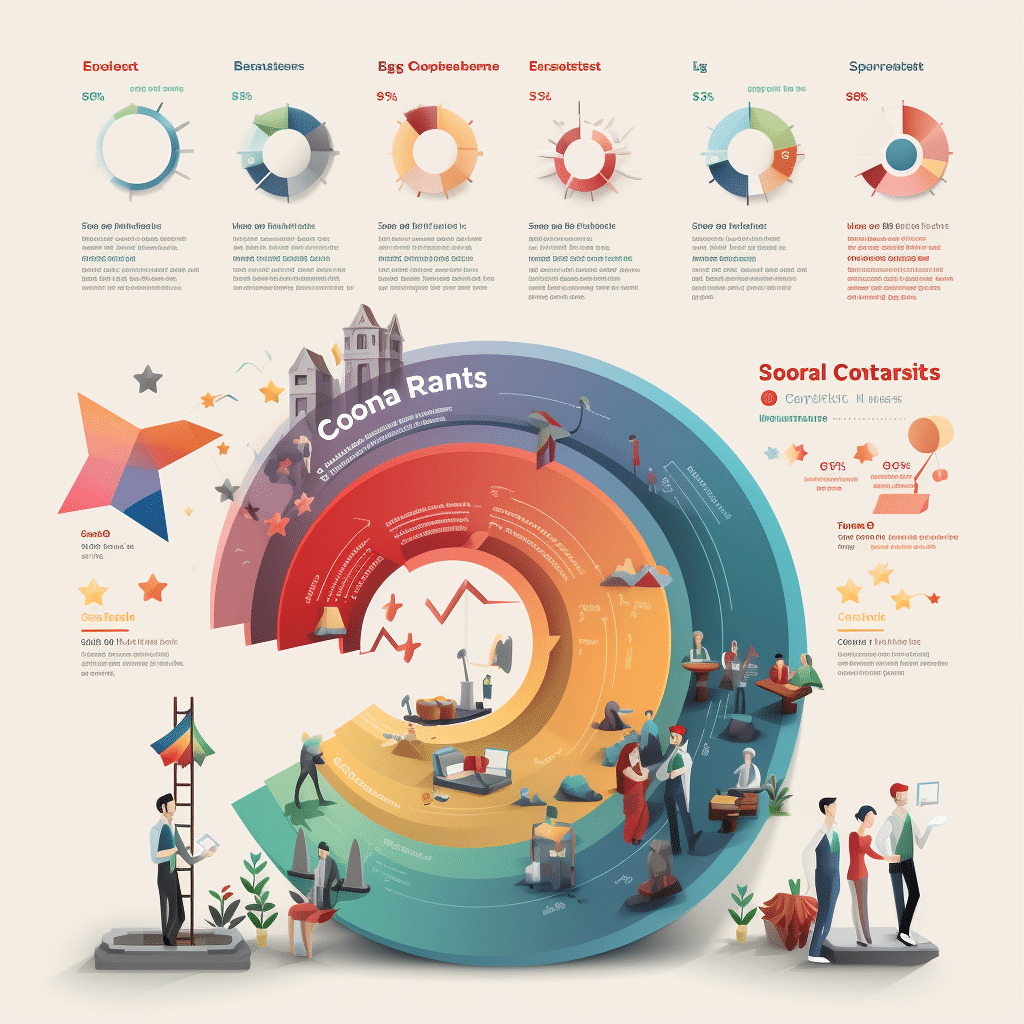
The Interplay Between Age and Your Starting Credit Score
Age is more than just a number when it comes to credit. Though legally, you can dip your toes into the credit pool at 18, the kiddie end of the pool is often more forgiving. Many a wise parent has bestowed upon their progeny the gift of credit history by adding them as authorized users on their accounts.
As for students looking to pile up those credit points responsibly, starting early can be akin to stashing away nuts for the winter—an investment that could keep the financial frostbite at bay.
The Role of Financial Literacy in Elevating Your Starting Credit Score
Let’s talk about smarts—financial smarts. Just as knowing the ins and outs of grammar can make you a literary genius, being clued into the ABCs of credit can prep you for the big leagues. There are a plethora of resources out there, from online finance gurus like Whitney Johns, who demystifies personal finance and fitness, to credit education tools such as “credit check total“.
But the gold standard? Learning how to monitor and understand your credit scores. It’s like checking the mirror before you leave the house; it gives you the confidence to face the day, or in credit terms, the lenders.
Credit Scoring Models: How Your Starting Point is Calculated
Now, if you’re wondering if starting out on FICO is like playing home court compared to VantageScore, what does your credit score start at? Both models look at your credit history like a crystal ball, divining your financial past to predict your future behavior. It’s a mix of payment history, amounts owed, length of credit history, new credit, and type of credit used.
But here’s the kicker: Your very first credit score is like a first impression—you want it to be a good one. It’s often the difference between a welcoming handshake and the door closing on opportunities.
Navigating First-Time Credit Pitfalls
“Oh, the places you’ll go!” But watch out for potholes. First-time credit builders often stumble into traps like late payments or hitting the credit card buffet too hard. Keep your credit plate clean, and you’ll thank yourself later. A slipup now could mean a credit faceplant later on, so if you trip, make it right promptly.
From Theory to Action: Real-World Stories of Starting Credit Scores
We all love a good tale of triumph, of the underdog making good. And that’s what your journey could be—one of learning the ropes and tightening those credit laces. From case studies to anecdotal whispers, starting credit score stories are a mosaic of people like you, taking that leap of faith into financial stability.
Future-Proofing Your Credit: What’s Next After Establishing Your Score?
Once you’ve cut the credit ribbon, it’s all about the long game. Transitioning from a greenhorn in the credit field to a seasoned pro involves diversifying your credit and maintaining a credit story that reads like a bestseller. Predictive analysis tells us that careful early credit management has the makings of a comfortable financial sunrise in the long term.
Peering Into the Crystal Ball: Evolutions in Credit Scoring
The credit score of tomorrow might be decided by more than just your financial history; it could be influenced by patterns in data you’ve never thought twice about. Experts are already pondering how these technological advancements may recalibrate the way we construe creditworthiness.
Crafting Your Personal Credit Journey: A Blueprint from Day One
Whether you’re fresh out of the gate or a little seasoned, it’s never too late (or early!) to map out a plan for your credit marathon. Different strokes for different folks; your game plan needs to reflect your unique fiscal fingerprint.
The Road Ahead: Ensuring Your Credit Thrives From the Start
The journey of a thousand miles begins with a single credit step. Checking in on your credit, adapting to new financial landscapes, and steering through life’s curveballs are what turns novices into ninjas of the credit world.
What Your Starting Credit Score Means for Your Mortgaging Future
“What credit score do you start with” isn’t just cocktail party chatter—it’s a significant predictor of your mortgage future. Whether you’re in the 600s and sprouting your credit wings or venturing towards the 720 sweet spot, early credit moves can shape the landscape of your future home.
Pioneering Your Credit Journey with Confidence
Listen up, credit trailblazers. Grasp your financial narrative with both hands and write the next chapters with intention. Kickstart your journey with gumption and a zest for knowledge. Remember, your credit score isn’t just a number; it’s a ticket to your dreams. Keep your eyes on the prize, your payments timely, and your debt in check, and you’ll be crafting a credit tale that’s nothing short of legendary.
Now, are you ready to blaze that credit trail? Go forth, brandish your newfound insights, and create the financial future you’ve always dreamed of!
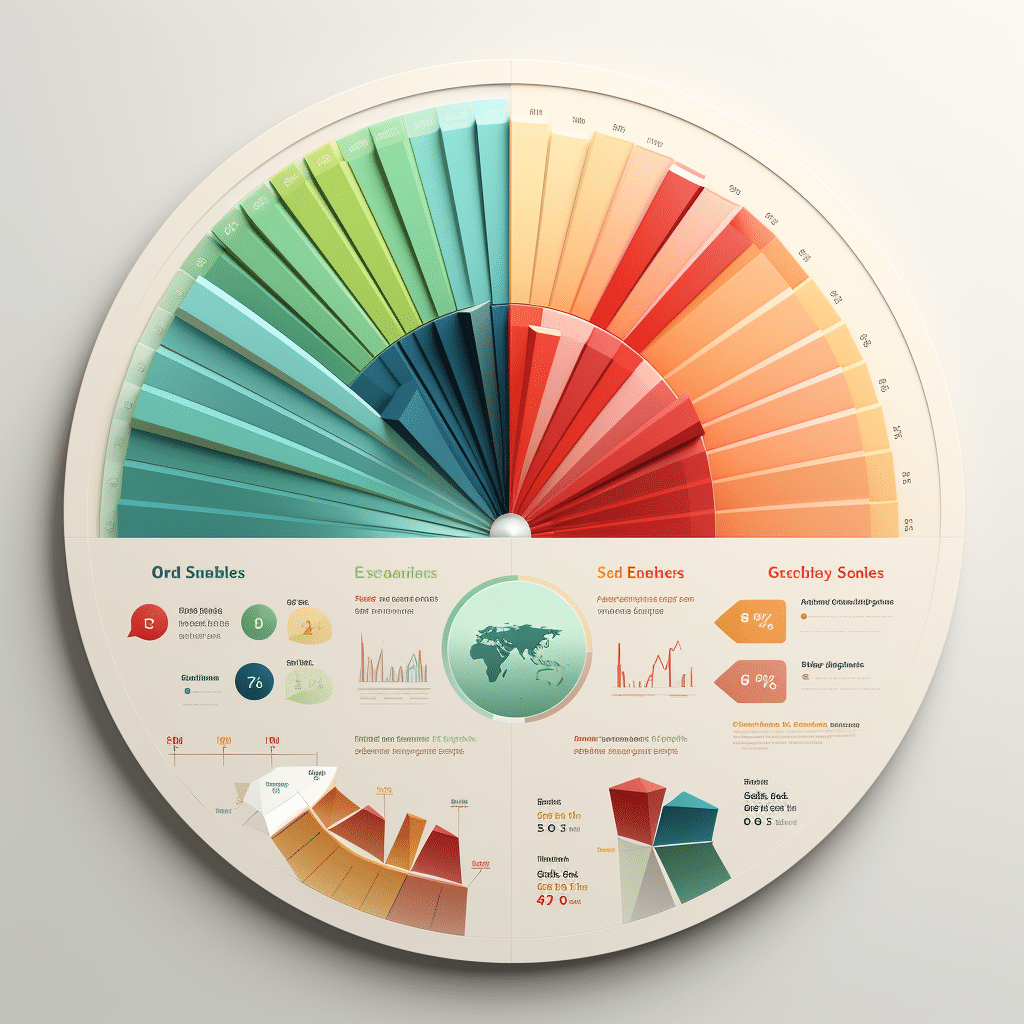
What credit score does an 18 year old start with?
Whoa there, let’s clear up a common myth! An 18-year-old doesn’t start out with any credit score at all. That’s right, you kick off with a clean slate, or should we say a blank credit report? You’ve gotta build it from the ground up by opening your first account and starting to make some moves.
What credit score will I start out with?
Now if you’re wondering what credit score you’ll start with, brace yourself for a surprise—you don’t start with a score at all! It’s like you’re a ghost in the credit world, invisible until you’ve got some credit activity under your belt. So, get those credit accounts rolling and soon you’ll be more than just a whisper on the lenders’ radar.
What is a good credit score for a beginner?
Hey there, rookie! A good credit score to aim for is anything above 670—think of it as your financial report card showing you’re likely to be a safe bet for lenders. It proves you’ve been pretty savvy handling your starter bills and credit accounts.
How long does it take to get a 700 credit score from 500?
From 500 to 700, that’s quite the climb! But hey, it’s possible with some elbow grease and smart credit moves. You’re looking at typically taking anywhere from a few months to several years. Keep your nose to the grindstone, paying your bills on time, keeping those balances low, and avoid taking on too much debt all at once—patience is a virtue, my friend.
How long does it take to get a credit score of 700?
Want to leap up to a 700 credit score? Ain’t no mountain high enough, right? Well, with no credit to your name, it might take about six months to potentially show off a 700 score, but that’s if you’re playing your cards exceptionally well—on-time payments, low credit utilization, and so on.
Is 720 a good credit score for 18 year old?
For an 18-year-old, a 720 credit score is like scoring a home run on your first at-bat—it’s impressive! This score hollers “responsible” and “trustworthy” to potential lenders and could help you get better rates on loans and credit cards. Way to knock it out of the park!
How long does it take to get to 800 credit score?
Think reaching an 800+ credit score is a sprint? Nope, it’s a marathon—usually a long one that can take several years. It’s like tending a garden, you’ve got to be patient and consistently nurture your credit standing with on-time payments, low balances, and wise credit management.
What credit score do you start with if you have no credit?
If you’ve never borrowed a dime, had a credit card, or paid a bill in your own name, you’re starting from ground zero—no credit score. It’s like being a newcomer in the game, but don’t sweat it; it’s nothing a few smart credit moves can’t fix.
What credit score does a 21 year old start with?
Every 21-year-old starts from scratch too when it comes to credit scores—no automatic points just for turning 21. You’ll have to earn your stripes just like everyone else, taking baby steps with credit until you’ve built up a history.
How long does it take to get my first credit score?
Eager to see your first credit score? Give it some time—usually around six months after you’ve opened your first credit account. It’s like watching paint dry; painful wait, but eventually, you’ll see some color!
What is the lowest credit score to buy a house?
Looking to snag a house? The lowest credit score considered for conventional home loans is typically around 620. Of course, some programs like FHA loans might let you slide with a score as low as 500, but expect to put more cash down.
What credit score is needed to buy a car?
Dreaming of a new ride? Credit scores for buying a car can vary, but think of 630 as your starting block. Sure, you might still snag an auto loan with lower scores, but you’ll likely cough up more in interest.
Is 18 a good age to start building credit?
Is 18 a prime time to start building credit? You betcha! It’s like getting a head start in the credit race—just make sure you’re using credit responsibly so you don’t trip up right out of the gate.
Is a 750 credit score good for an 18 year old?
Sporting a 750 credit score at 18? Holy smokes, that’s stellar! You’re the financial equivalent of a prodigy when it comes to credit. Lenders will be doing double-takes at your application for sure.
What is my credit score if I have no credit?
Got no credit? Then, your score is playing hide and seek because, well, it doesn’t exist yet! But don’t worry, once you dive into the world of credit and start making some strategic moves, your score will come out of hiding.


